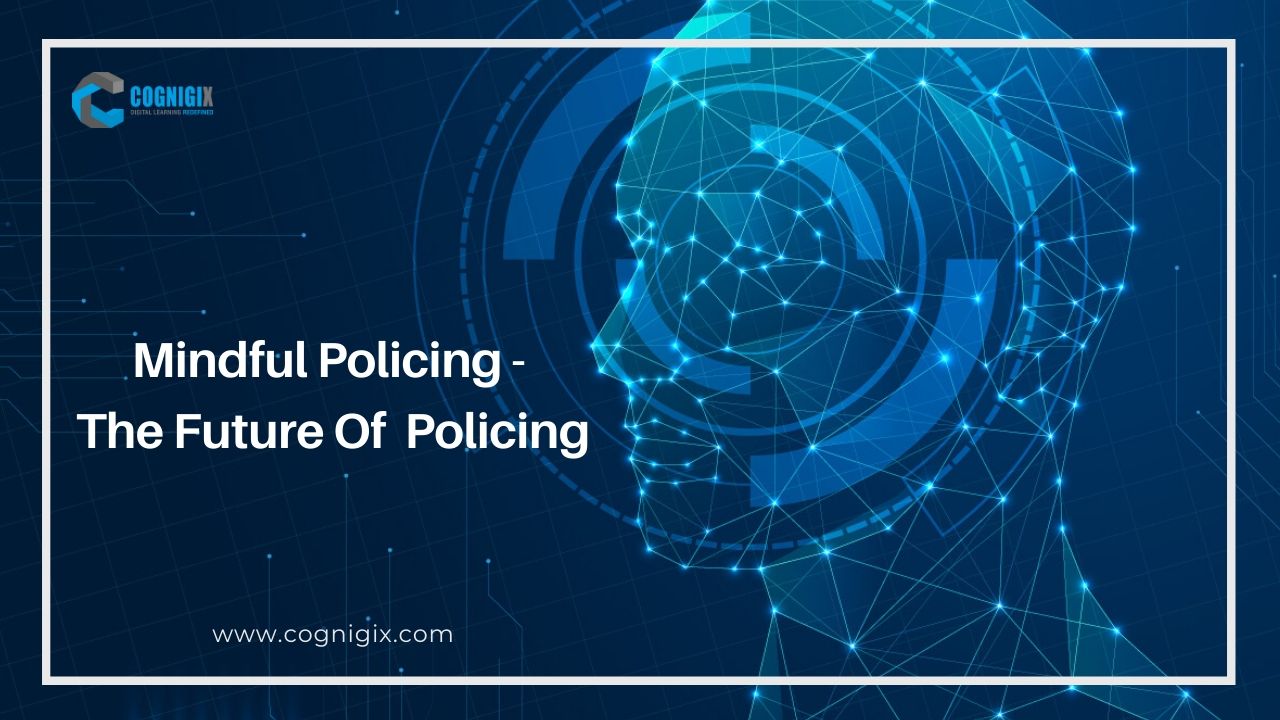Are you familiar with the word ‘Mindfulness’? Well done, you know the edge, now let us brush it up and blend it a little with the most respectable and stressful job of a policeman.
Police officers are always expected to be present mentally and physically with a clear mind and focus on one thing.
Mindfulness is the solution to it. The word itself explains the meaning of it, but the real depth of it lies in the definition. So here it is. ‘Mindfulness is the basic human ability to be fully present, aware of where we are and what we’re doing, and not overly reactive or overwhelmed by what’s going on around us’. It is a quality that every human being already possesses, it’s not something you have to conjure up, you just have to learn how to access it.
Volatile situations, stressful working hours, violence and other endless dares that are faced by policemen on a daily basis can really hinder their behaviour and lead them to be more irritable and stressful. A recent study proves meditation is helping police officers to de-escalate these stressful situations and improve their own prosperity in personal and professional life.
But ‘mindfulness’ and ‘policing’ are the two words that ordinarily don’t go hand in hand. But if they did the riped fruits will undoubtedly be a yielded benefit to everyone.

There are hundreds of mindfulness studies that have been conducted but amongst all of those what catches our attention more is the New Jersey Medical School research. It was a mindfulness study conducted for 8-weeks which recorded the before and after MRI scans to analyze physical changes in the brains of participants.
The 3 astonishing changes are listed below:
The Amygdala – the part of the brain that processes fear and initiates our response to stress shrinks. The Amygdala tends to be larger in people that suffer from anxiety and depression.
Pre-Frontal Cortex – the part of the brain that governs complex processes, decision making, impulse control and concentration becomes thicker.
Connectivity Improves – connections between the amygdala and the rest of brain diminish and connections between the pre-frontal cortex and the rest of the brain activate more frequently.
This evidence shows that this isn’t just an acute response to meditation, but has long term implications that can positively impact police officers lives.
Our research proves mindfulness training and of course, the practice has the potential to aid police officers become better decision-makers in highly stressful and volatile situations. It also assists in improving the attention span for long patrol shifts and can help reduce the toll their job takes on their mental well-being. ‘Emotional Intelligence and Mindfulness’ training program designed by Cognigix for police officers will enlighten you to know how it will help in the case investigation, evidence collection, and other policing duties and thus increasing rate of conviction for the police officers.






